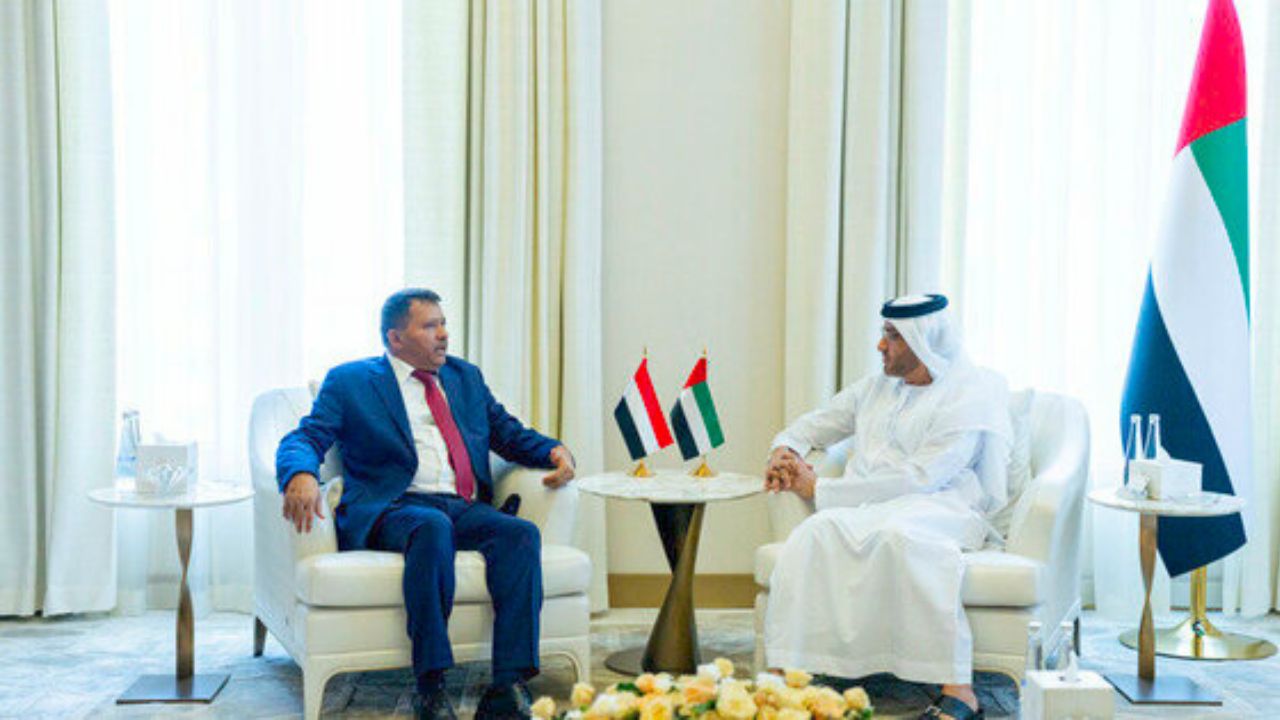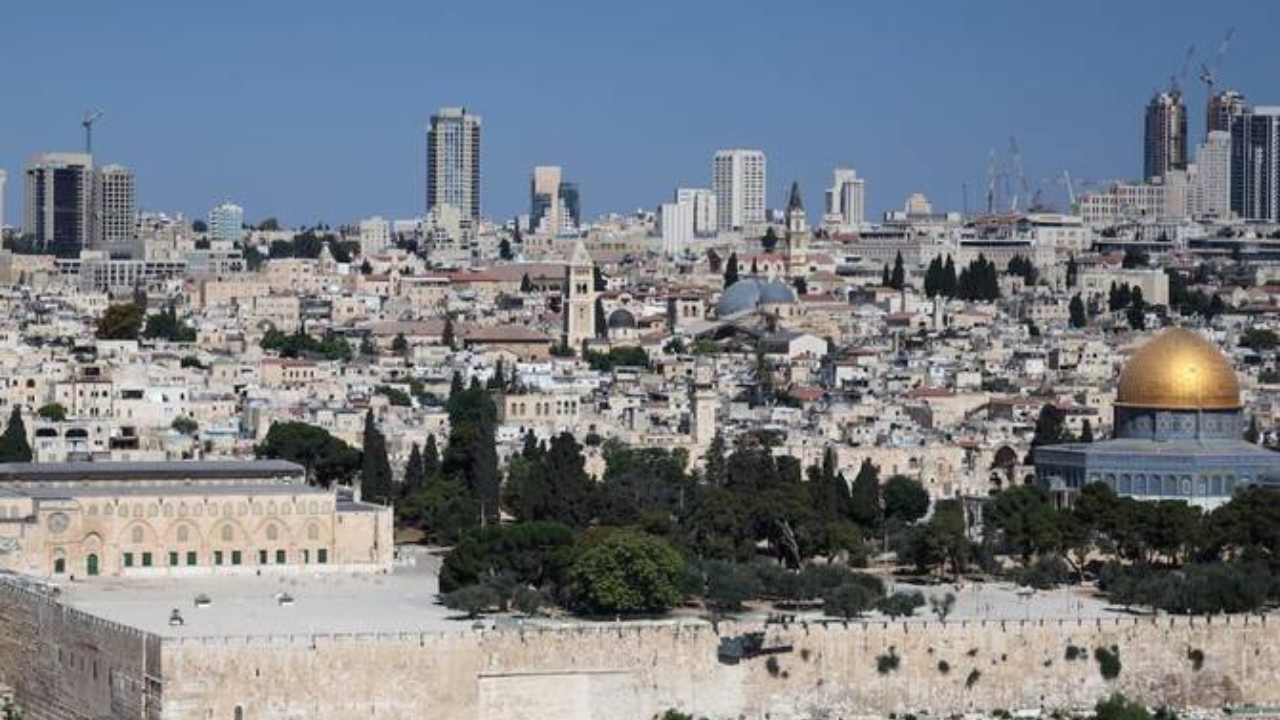
UAE and Yemen Strengthen Legal and Judicial Cooper
UAE and Yemen attorney generals met in Abu Dhabi to strengthen legal ties, enhance public prosecutio

Photo:AFP
The news of a suspected militant attack outside Jerusalem that left two people injured has once again pushed the Israeli-Palestinian conflict and the fragile security of the region into the global spotlight. Though such incidents have become tragically common in the Middle East, every attack carries with it not only the pain of victims but also renewed questions about what lies ahead for peace and stability. This particular attack, which took place near a checkpoint on the outskirts of Jerusalem, may seem like one more act of violence in a long history of bloodshed, but in truth, it reflects a deeper cycle of anger, mistrust, and unresolved grievances.
A Region Living Under Tension
Jerusalem is not only one of the most politically sensitive cities in the world but also a spiritual heartland, treasured by Jews, Muslims, and Christians alike. Because of its deep religious and political significance, incidents of violence in and around the city tend to grab global attention. The checkpoint where this recent attack happened has witnessed heightened activity over the years, often serving as a flashpoint between Israeli security forces and militant groups. For local residents, daily life often unfolds under the shadow of tension, where shootings, bomb threats, or clashes are always looming.
Israelis live with constant reminders of security threats, while Palestinians, especially those in occupied territories, continue to endure harsh realities of checkpoints, border controls, and discriminatory policies that inflame grievances. While the details of this attack are still emerging, the pattern is an all-too familiar one — suspicion falls quickly on militants, while ordinary civilians bear the brunt of trauma.
Human Cost and Impact
The two people injured in this act of violence represent only the immediate victims. Beyond their suffering are families, communities, and a society continually trapped in cycles of fear and retaliation. Every such attack deepens mistrust between Israelis and Palestinians, making reconciliation appear more distant. Victims are not statistics; they reflect the broader human cost of a conflict stretching back generations. Ordinary families on both sides often voice the same message: they want peace, safety, and dignity. Yet, militant attacks and heavy-handed crackdowns erode those simple hopes.
Attacks like this also highlight the psychological burden on communities. Children grow up under the constant sound of sirens and headlines announcing new casualties. Adults plan daily routines around potential risks. Trust in leaders erodes as people lose hope for long-term solutions. The cycle of trauma is not just physical but deeply emotional.
International Implications
For the international community, every new incident near Jerusalem raises serious concerns. Western powers like the United States, along with the United Nations and European Union, continue to call for dialogue. Yet their influence is limited in an environment where violence often sets the tone. Regional powers such as Egypt, Jordan, and Qatar frequently step in to broker temporary ceasefires or negotiations, but such efforts rarely address the root causes.
This recent attack, however minor compared to larger conflicts, still serves as a reminder of the fragile situation. Small clashes, shootings, or isolated militant strikes can quickly escalate into wider confrontations that draw international intervention. At a time when the Middle East already faces instability in Lebanon, Syria, and Gaza, the situation around Jerusalem adds another layer of urgency.
Why the Cycle Persists
Many observers point out that the persistence of violence in Jerusalem stems from deeper political and social failures. Militant groups often view attacks as acts of resistance, while Israel regards them as terrorism warranting strong military responses. The lack of meaningful dialogue and a sustained peace process has created an environment where violence becomes the default form of political expression.
For Palestinians, long-standing issues such as settlements, restricted movement, and economic hardship fuel a sense of despair. For Israelis, every attack reinforces the belief that only strong security control can ensure survival. This fundamental clash of perceptions makes compromise difficult. Without an honest attempt to address both sides’ grievances, isolated incidents will continue to ignite larger flare-ups.